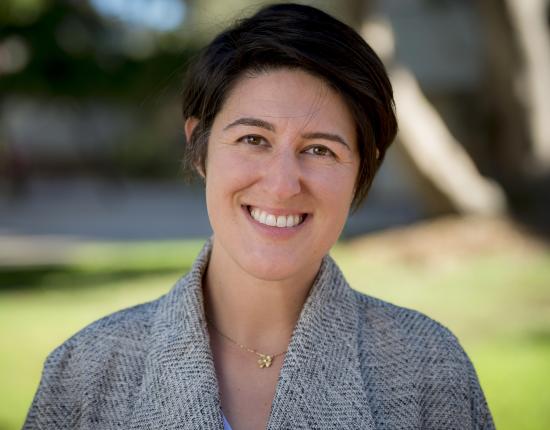Engaging Data Politically: On AI, Data Analytics, and Ethics from Below
Where should decisions about ethical and responsible technology deployments get made? How do impacted communities, including criminalized communities and tech workers, make political claims over data technologies? In the last decade, researchers and activists have made the uneven impacts of AI and data into a much needed public conversation. This has spurred a range of experiments targeting corporate governance, ethical decision making among engineers, and regulations offering transparency and accountability to impacted communities.
In this talk, I draw on five years of participation in surveillance coalition organizing to argue that making data political requires supporting people in sensing data (perception), making their own knowledge about data (epistemology), and acting together (praxis). While technologists sometimes have a role to play, communities also bring irreplaceable knowledge of institutional violence and the construction of difference into these processes. I extend work we have elsewhere called “HCI tactics for politics from below” (Whitney et al. 2021).
Speaker
Lilly Irani is an associate professor of communication & science studies at University of California, San Diego where she is faculty director of the UCSD Labor Center and co-directs the Just Transitions Initiative. She also serves as faculty in the Design Lab, Institute for Practical Ethics, the program in Critical Gender Studies.
She is author of Chasing Innovation: Making Entrepreneurial Citizens in Modern India (Princeton University Press, 2019) and Redacted (with Jesse Marx) (Taller California, 2021). Chasing Innovation has been awarded the 2020 International Communication Association Outstanding Book Award and the 2019 Diana Forsythe Prize for feminist anthropological research on work, science, or technology, including biomedicine.
Her research examines the cultural politics of high-tech work and the counter-practices they generate, as both an ethnographer, a designer, and a former technology worker. She is a co-founder of the digital worker advocacy organization Turkopticon, now data worker-led and organized. She also serves on the steering committee of the Transparent and Responsible Use of Surveillance Technology SD Coalition through Tech Workers Coalition SD.










